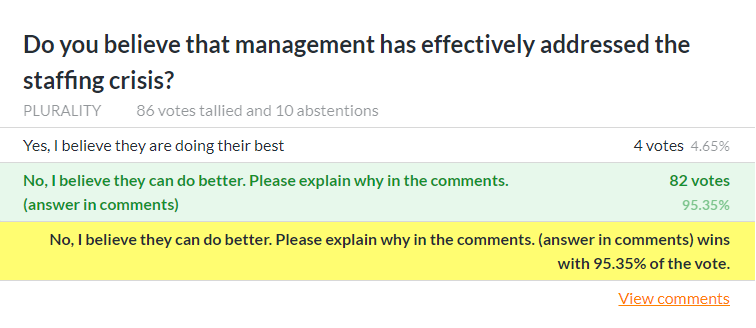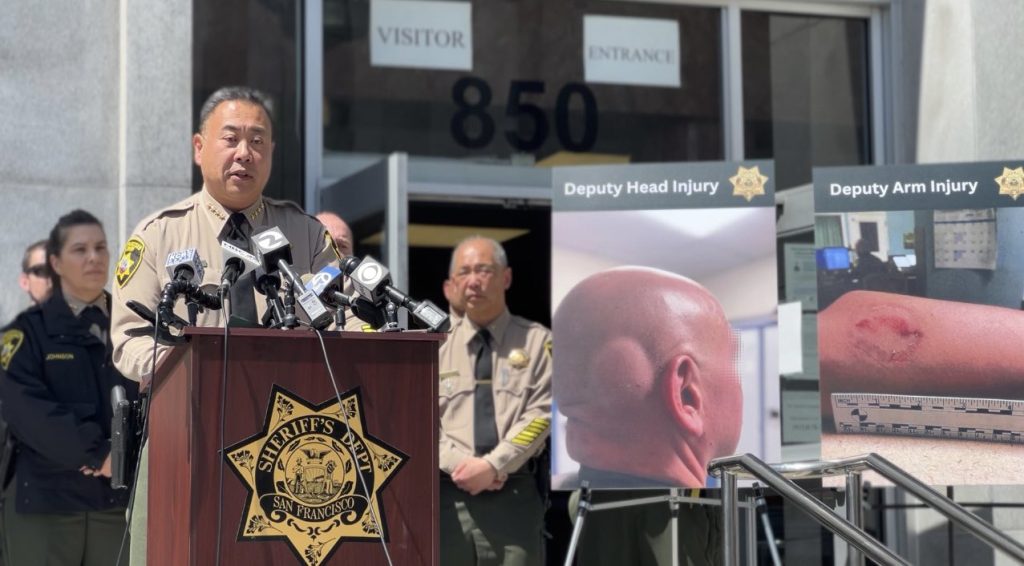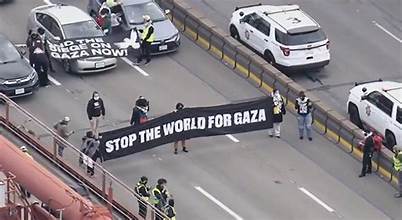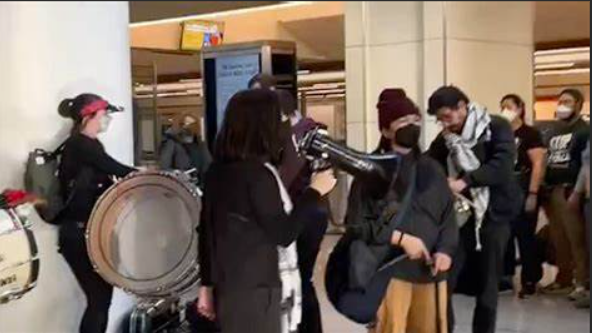 For thirty years (1991-2021) spanning four different Sheriff’s, I served with pride as a sworn peace officer in the City and County of San Francisco Sheriff’s Department, the last four of which I had the honor to serve as Undersheriff.
For thirty years (1991-2021) spanning four different Sheriff’s, I served with pride as a sworn peace officer in the City and County of San Francisco Sheriff’s Department, the last four of which I had the honor to serve as Undersheriff.
Having held every rank in the department and worked in many different assignments, I came to realize that the Sheriff’s Department is not an inanimate object, rather it is organic. The deputy sheriff is the heart of a living organization.
Since my retirement in February 2021, I have followed the trajectory of the department, its leadership, and the stewardship of the deputy sheriffs. It is painfully clear that the deputy sheriffs who patrol the toughest beat in San Francisco (the county jail) are under constant attack.
The recent and horrific assaults on deputies by inmates in the county jail some of which have resulted in broken bones, torn skin, and head injuries are a shock to all San Franciscans.
Based on my thirty years of experience, I can tell you that these attacks are 100% avoidable. As a deputy sheriff, I was well-trained, well-equipped, and educated in the proper application of tactical communications.
I knew well the importance of garnering voluntary compliance when supervising an inmate housing area. Core to this was treating inmates with dignity and respect. My job was not to punish, but rather to maintain safety while inmates progressed through the criminal justice system.
Assaults on deputies throughout my career were very rare. In fact, in most cases the only time a deputy sheriff was struck by an inmate was when a deputy was separating inmates that were fighting each other. There have been more assaults on deputies in the last 60 days than in my entire thirty-year career. The rash of recent attacks on deputy sheriffs is not normal.
It is the result of incompetent if not indifferent leadership in the Sheriff’s Department. The deputies and their line supervisors are not being trained properly, nor are they being supported by the command staff.
This dynamic leads to deputies that feel as if they are not supported. They become unsure of their training, capabilities, and authority while supervising inmates. It invites violence as the inmates can sense that the deputies are nervous, leading the inmates to feel as if they are not safe. The inmates lash out as if to fill the void of no control.
It is a recipe for disaster in the county jail.
This dangerous problem is further exacerbated by the lack of recreation space to include outdoor recreation for the inmates. Prior to retiring, I worked closely with the city attorney and a team of Sheriffs personnel to address this very important issue. Unfortunately, Sheriff Miyamoto lacked the courage to stand up to those who objected to the needed capital improvements to the county jail. Outdoor recreation, access to sunshine and clean air significantly reduces violent behavior. Of course, the Sheriff’s Department would require additional deputies to supervise outdoor recreation. The lack of hiring highlights another failure of the current Sheriff administration.
Safe and secure county jail operations rely heavily on the leadership, mentorship, and support of the Custody Operations Division Chief Deputy and the individual Jail Captains. They are failing miserably.
Ultimately the responsibility to keep and maintain a safe and secure county jail for staff and inmates alike falls to Sheriff Miyamoto. He must be distracted.
The members of the San Francisco Deputy Sheriffs’ Association, the bargaining unit that represents deputy sheriffs deserve if not demand that Sheriff Miyamoto re-focus his attention on the most important asset of the department – Deputy Sheriff.
The department has over 150 deputy vacancies. Deputies are forced to work too much overtime, they are required to supervise too many inmates absent adequate coverage. The training and support by leadership are subpar.
The path to successful public safety in San Francisco traverses both the front and back doors of the county jail. Public safety suffers for all when the deputies are fatigued and not provided with proper support.
The deputies deserve better, the inmates deserve better and all San Franciscans must demand better of their Sheriff.
Matthew Freeman
Undersheriff (Ret.)
San Francisco Sheriff’s Department

 Despite clear data indicating the harmful impacts of this practice, the SFSO leadership has persisted in its reliance on forced overtime to cover budgeted attrition and maintain fiscal balance. This shortsighted strategy prioritizes financial expediency over the physical and mental health of deputy sheriffs, creating a toxic work environment and jeopardizing public safety.
Despite clear data indicating the harmful impacts of this practice, the SFSO leadership has persisted in its reliance on forced overtime to cover budgeted attrition and maintain fiscal balance. This shortsighted strategy prioritizes financial expediency over the physical and mental health of deputy sheriffs, creating a toxic work environment and jeopardizing public safety.



